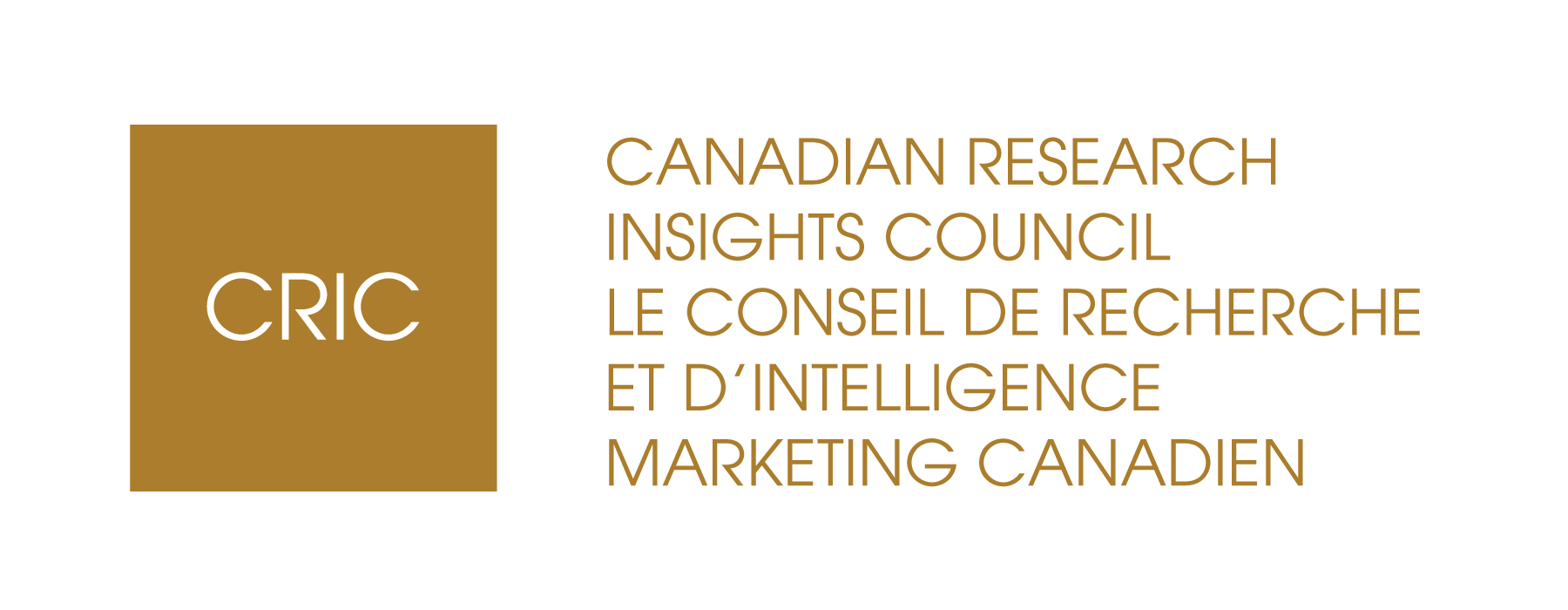Issue
After years of discussions with industry, the CRTC ordered Canada’s telecom companies to implement, by December 19, 2019, new call-blocking technologies to reduce the number of nuisance calls to Canadians.
In a directive that was issued a year earlier (Compliance and Enforcement and Telecom Regulatory Policy CRTC 2018-484), telecommunications service providers (TSPs) were tasked with implementing new technologies within their networks to block calls from telephone numbers that do not conform to established numbering plans – such as those that exceed 15 digits or that don’t conform to a number that can be dialed (for example, 000-000-0000). The calls are to be blocked at the system level, before reaching the subscriber.
The CRTC also gave TSPs an alternative option of offering subscribers opt-in call-filtering services with more advanced call-management features.
CRIC’s government relations consultant was involved in 2016 in the industry consultations that led to the new directive. He successfully argued that the directive should apply only to blatantly illegitimate calls, and not result in a blanket solution that would also screen out legitimate callers.
The CRTC noted in Compliance and Enforcement and Telecom Regulatory Policy 2016-442 that “a universal network-level call blocking solution that prevents blatantly illegitimate calls from reaching the recipient requires a high level of certainty with regard to the illegitimacy of the call, in order not to inadvertently block legitimate calls.” Given that universal network-level call blocking is applied at the network level and affects all subscribers, the CRTC clarified that new technologies must only apply to calls that can be confirmed as nuisance calls.
Rogers and Bell recently announced that they will be rolling out universal call blocking ahead of the December 19 deadline. The new technology solutions will apply to incoming voice calls on all devices, including cordless, fixed-line telephones and over IP.
Telus has stated that it will offer an opt-in call filtering option, rather than universal call blocking. Callers to Telus customers opting in to this feature will be required to enter a number on their keypad to proceed. This would block all robocalls and would result in blocking of robocalls for legitimate purposes including emergency notices from school boards and calls for marketing research purposes. It would also prevent access to services such as collect calls and text to landline.
The CRTC indicated that universal network-level call blocking is the first step in a multi-pronged strategy that also includes call filtering, caller authentication and validation, and industry-wide call traceback. Notably, the CRTC is also supporting the adoption of the call-id authentication protocol STIR/SHAKEN (Secure Telephone Identity Revisited/Signature-based Handling of Asserted Information Using Tokens), that would allow phone companies to confirm the identities of callers and assure consumers that calls are coming from a legitimate party. The telecoms are currently working through the challenges related to implementing STIR/SHAKEN and it is not clear at this point when it would be implemented in Canada.
The CRTC’s directive is in line with other jurisdictions such as the United Kingdom and the US that have already adopted universal network-level call blocking. The US’s Federal Trade Commission (FTC) also permits TSPs to offer call filtering services, which can be activated as a default setting. The FTC has also demanded that major carriers adopt STIR/SHAKEN in 2019.
Analysis
Universal call blocking should be seen as a positive development for the market research and insights industry as it will result in fewer nuisance calls to Canadians and create a better environment for research calls. The technology applies to blatantly illegitimate calls only (the most obvious spam calls) and should not negatively impact the industry’s ability to place legitimate calls to Canadians.
Similarly, the STIR/SHAKEN caller-id authentication protocol, when implemented, will help Canadians verify that the legitimacy of the caller ID information. This will also be positive for our industry by providing assurance to Canadians that the calls they receive are from the company identified.
CRIC will be closely monitoring other initiatives that the CRTC is contemplating to reduce nuisance calls and will intervene to ensure that any new regulatory directives to Telecomms do not block calls from marketing research companies.
About CRIC
CRIC’s mandate is to develop and approve best practices and standards for market research, analytics and insights; provide effective promotion and advocacy of the industry; serve as a source of information and thought leadership; and be a forum for collective industry action.For more information, visit www.canadianresearchinsightscouncil.ca or contact John Tabone at john.tabone@canadianresearchinsightscouncil.ca.
Contact Us
For more information, contact John Tabone, Chief Administrative Officer:
